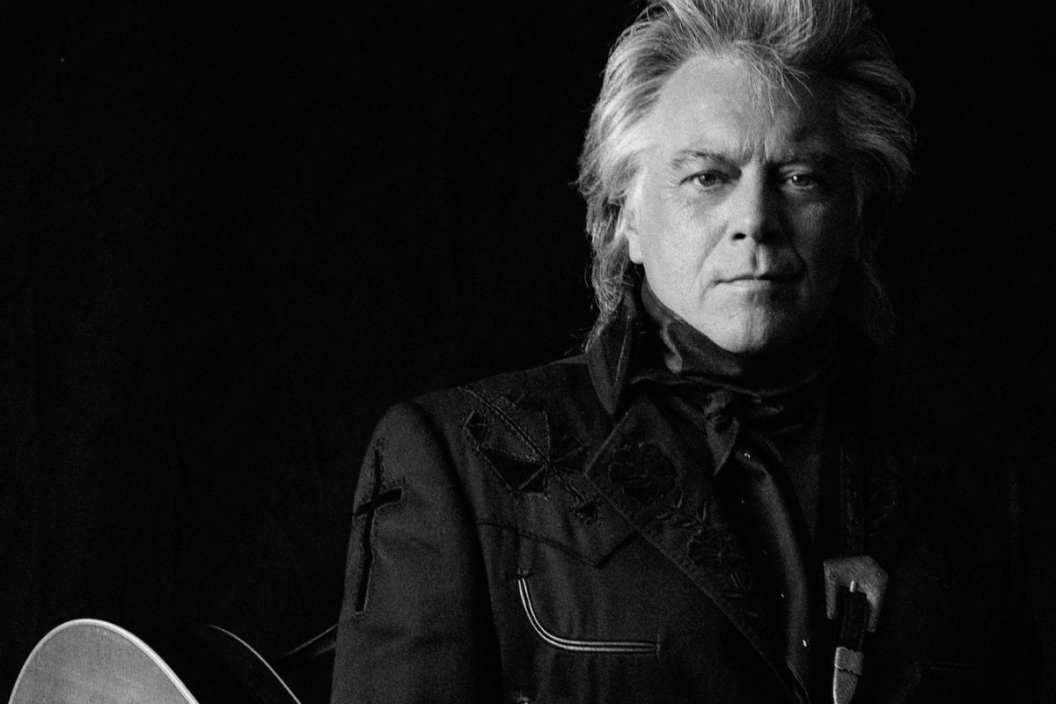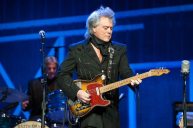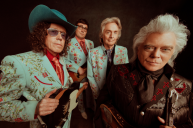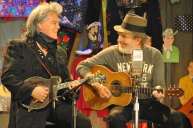In the 1980s, Hank Williams' sister Irene was determined to ensure that her brother's most cherished items would be cared for long after she was gone. So Irene called on a young country singer named Marty Stuart, who, despite still being in the infancy of his solo career, had already proved his allegiance to his country music forefathers by performing with legends such as Lester Flatt, Johnny Cash, Vassar Clements and Doc Watson.
Videos by Wide Open Country
One night, inside Irene's tiny Dallas, Texas duplex, she shared The Hillbilly Shakespeare's heirlooms with a wide-eyed Stuart.
"She showed me things that night that I couldn't even talk about -- things that belonged to her brother. He was Hiram to her, which was Hank's real name. So at the end of the night, I had seen manuscripts. I had seen costumes. I had seen family photographs that nobody had ever seen before," Stuart tells Wide Open Country. "When she passed away, she made sure that they came my way and that it was my job to protect them and not to let bad things happen."
Though Hank Williams passed away five years before Stuart was born, Irene always considered Stuart to be "a friend of my brother." ("I thought that was one of the nicest things anybody had ever said about me," Stuart says.)
For Stuart, who has amassed the largest private collection of country music memorabilia in the world, it's about more than the items themselves. It's about those stories, like the night he spent talking with Irene, and ensuring that country music's relics aren't lost to time.
"The artifacts are one thing. Who used them is one part. What they were used for is one thing. But the best stories are usually behind the artifact -- how they got here," Stuart says. "I think of myself as basically a caretaker just until it gets to this place we're building."
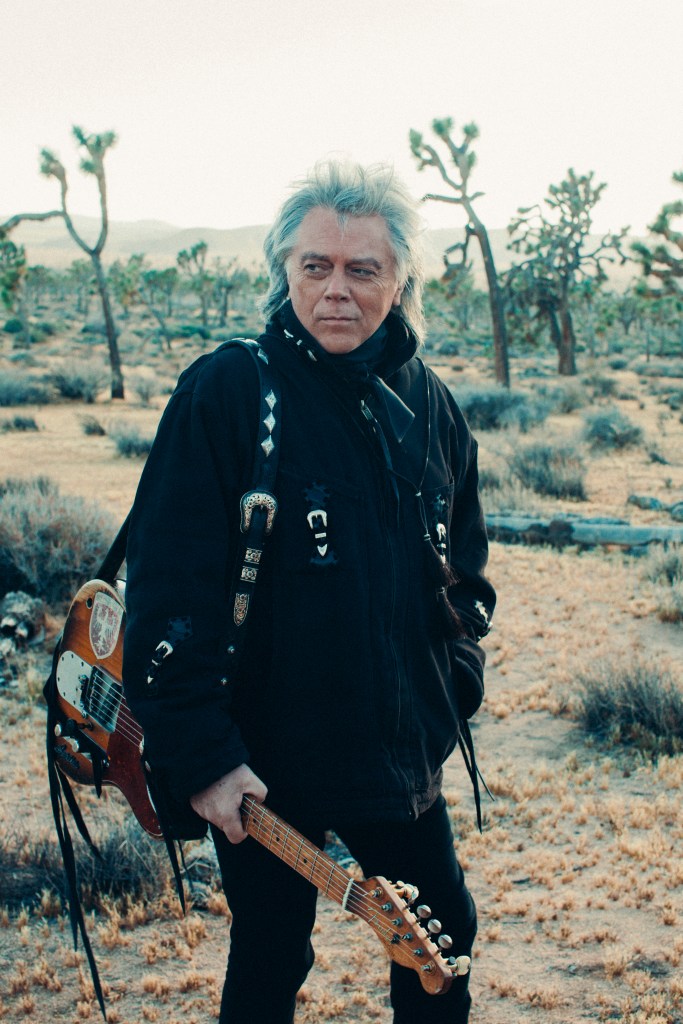
Alysse Gafkjen
That place he's building is the Congress of Country Music, set to serve as the "spiritual home of country music" in Stuart's hometown of Philadelphia, Miss. The project, which Stuart describes as "sitting the spaceship down in the middle of nowhere," will house the Country Music Hall of Famer's astounding collection, which includes Johnny Cash's first black performance suit, Jimmie Rodgers' railroad lantern, Lester Flatt's guitar and and, yes, that collection of Hank Williams' items he was given by Irene.
Stuart's journey as country music's foremost archivist began when he found Patsy Cline's train case in a junk store for $75 in the early '80s.
"I went, 'Wait a minute, this belonged to Patsy Cline. This is wrong,'" Stuart says. "'This should be in the Smithsonian or something.'"
A trip to London while on tour with Johnny Cash further inspired Stuart. It was there that he met Isaac Tigrett, the co-founder of the Hard Rock Cafe, and saw the Hard Rock's collection of memorabilia from rock icons The Rolling Stones, the Beatles, Janis Joplin, Jimi Hendrix and The Who enshrined in a public space for all fans to enjoy.
"All the way back to America, I started thinking the same thing should be done for Porter Wagoner and Hank Williams and Johnny Cash's things. So I just started a self-appointed mission of rescuing those kind of treasures. I thought it was an important piece of American culture, but on the other hand they belonged to people that raised me," Stuart says. "It would be like seeing something that belonged to your uncle or your grandfather or your daddy in a shop. You have to go, 'We want that back. That belongs in our family.'"
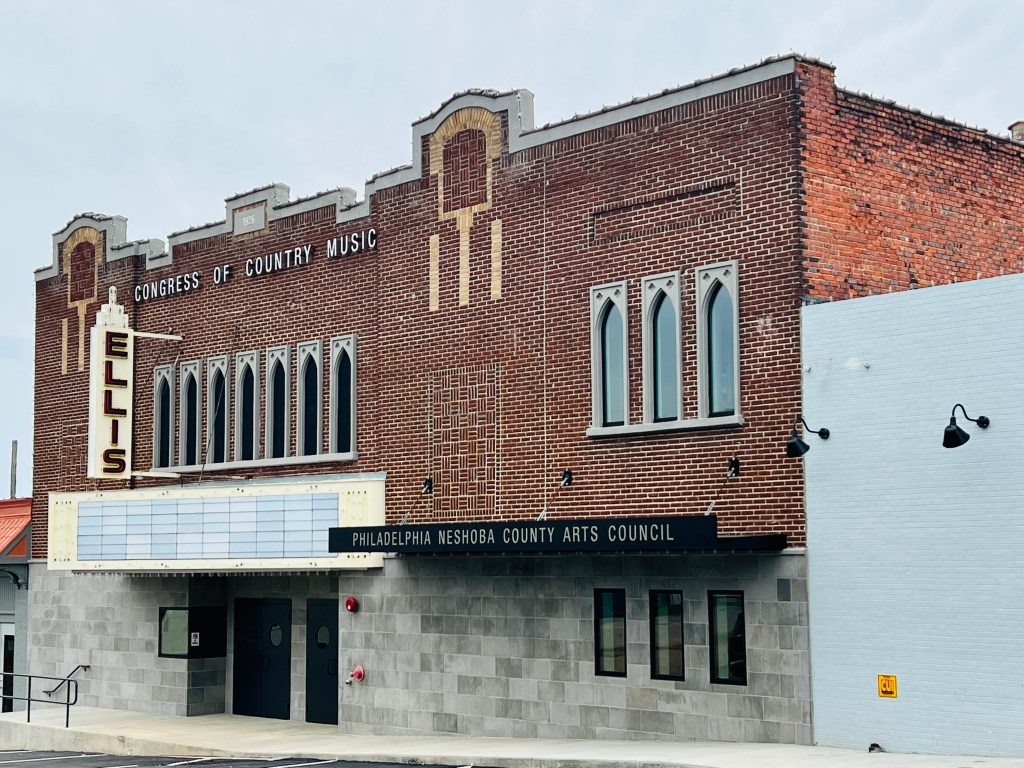
Congress of Country Music
A large component of Stuart's collection is Nudie Suits, the glitzy, rhinestone-encrusted western wear that came from Nudie Cohn's famous Nudie's Rodeo Tailors. The Mississippi native's love of these pieces of "wearable art" began in childhood. He'd spend hours on Saturday afternoons on the couch with his dad watching syndicated shows with country stars such as Porter Wagner, the Wilburn brothers, Lester Flatt and Earl Scruggs, Johnny Cash and Del Reeves on the family's black and white TV set.
"The first time I ever saw one of those costumes in person was out here on the edge of town at the Neshoba County fair. Ernest Tubb and the Texas Troubadours came to town and they stepped out of that bus wearing those cowboy clothes with rhinestones. It was like the Wizard of Oz thing, where it goes from black and white to color. It was a gorgeous sight to me. When I got to Nashville, I started asking, where do you get those clothes? At that time, it was just part of the hillbilly uniform. If you had a Martin guitar and a Cadillac car and one of those suits, you were a country star," Stuart says. "It was a vote of confidence from the audience to elevate you to such status...It's probably America's most original statement on the world stage of fashion -- those cowboy clothes."
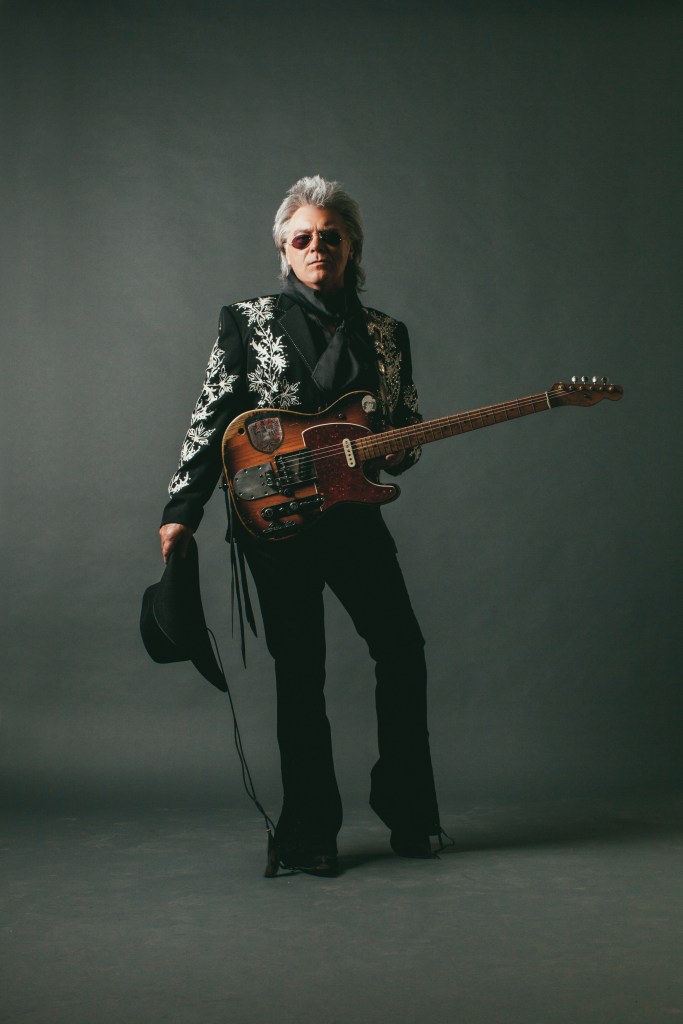
Alysse Gafkjen
In many ways, the Congress of Country Music is bringing that rhinestone and technicolor world back to the community in which Stuart was raised. But beyond that, it's also providing a gathering place for young country artists often rejected or ignored by Nashville's homogenized music industry.
"When I started in country music, it was an industry, but it was a mom and pop industry. Back at that time, you were required to bring your culture, your people and your stories from whence you came to the grand table of country music. That's what gave country music its spice. It gave country music its identity -- all those stories. Country music is probably one of the greatest art forms to have produced bonafide folk heroes. That's where that comes from -- stories of the land," Stuart says. "There's still a great number of young people that play banjos, mandolins, fiddles and steel guitars and write songs that have no voice in Nashville because you have to check that at the county line just to get into the sonic stream of what country music represents these days. In my opinion, after all these years, country music can always use an outpost where kids that want to learn to do the real thing can come and be educated, inspired, talked to by people who are legends. This is the place where the legends and young people come together and sharpen each other's steel."
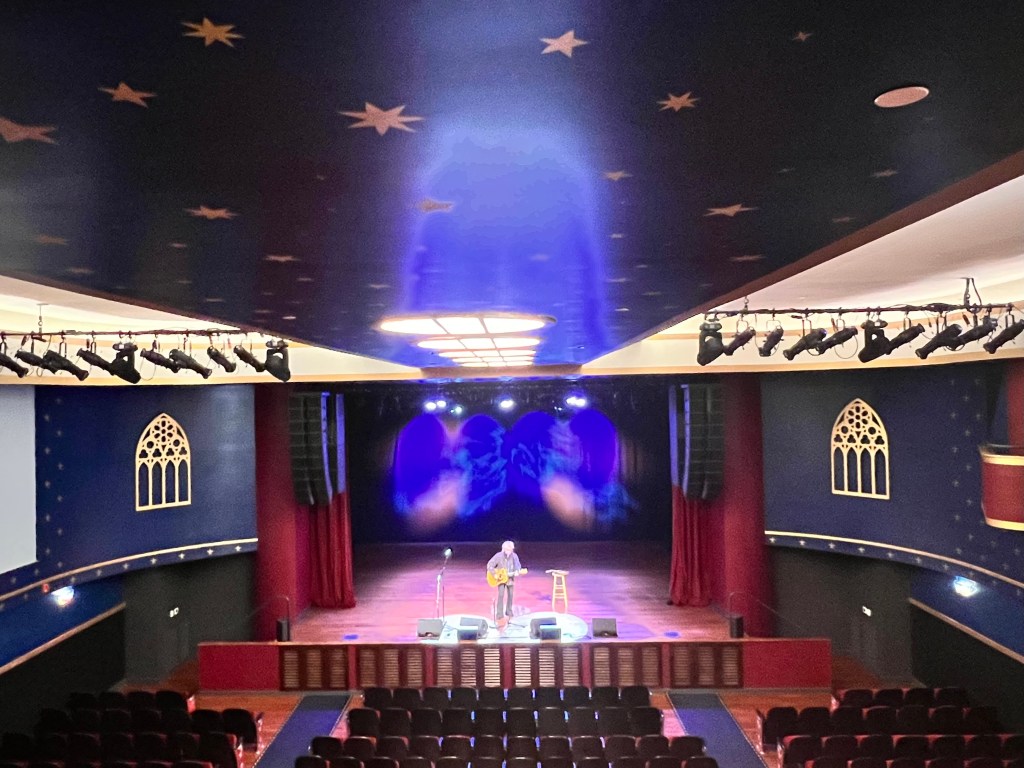
Ellis Theater/ Congress of Country Music
Through workshops hosted at the Congress of Country Music and programming at the Ellis Theater, the Congress, led by Stuart and Executive Director Dr. Dan Barnard, will live up to its name as a community hub.
"It's a heady, maybe a little bit arrogant, thought to think that I can pull this off down here -- me and a lot of other people -- but I think that's what is going to define this place," Stuart says. "Not just a collection, but also the shows that come and go with the Ellis [Theater]. The fact that somebody can come here and have access to Hank Williams or Merle Haggard or Johnny Cash's guitar and sit there and write a song with them and then go and look at the original lyrics to 'Folsom Prison Blues' or 'Your Cheating Heart' or 'I Saw the Light' and come out and go 'I think I wanna do this.' We can equip your heart and soul to do that around here."
Marty Stuart and His Fabulous Superlatives will perform at the grand re-opening of the Ellis Theater on Dec. 8. The opening will mark the completion of Phase 1 of the Congress of Country Music.
